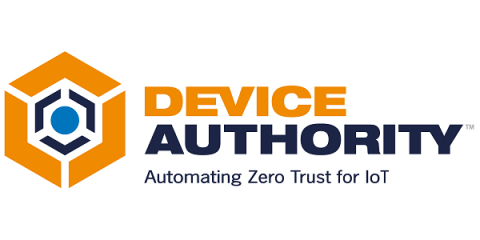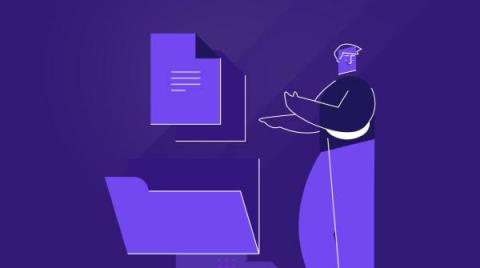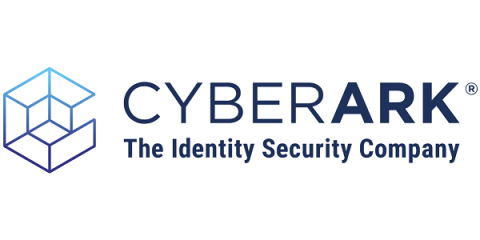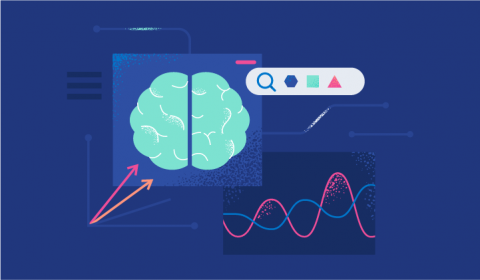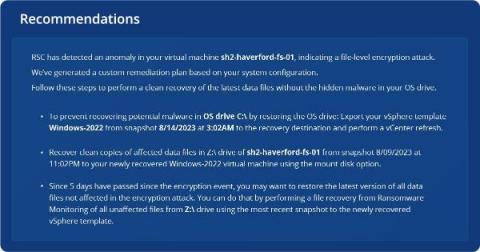How to use AI for software development and cybersecurity
We’ve seen how technology can evolve at warp speed, and AI has emerged as both a revolutionary force and a tantalizing enigma. Whether you're a seasoned developer seeking to expand your toolkit or a security enthusiast on a quest for clarity in the realm of AI, embarking on the journey to demystify this dynamic field can be both exhilarating and overwhelming.




